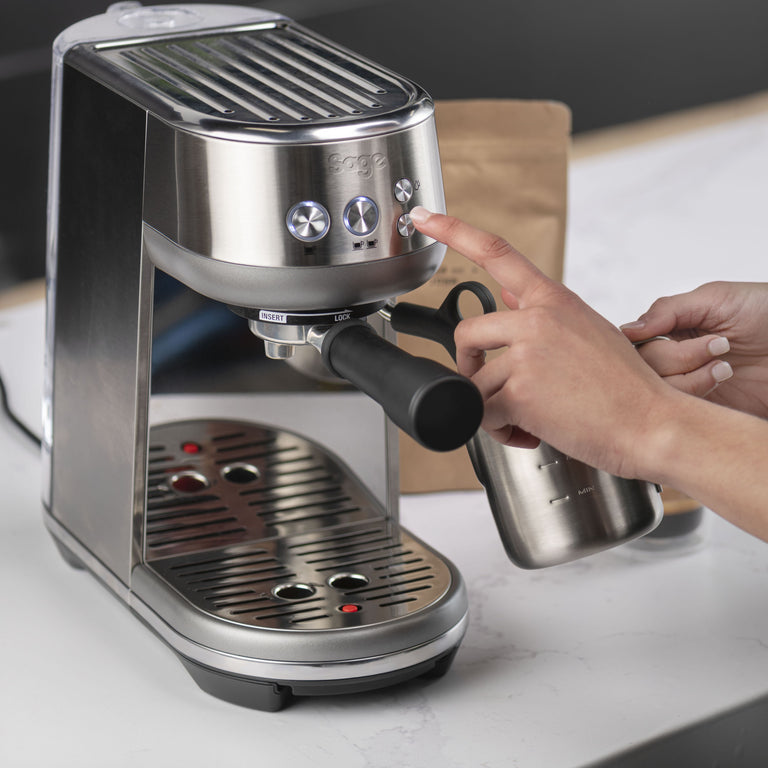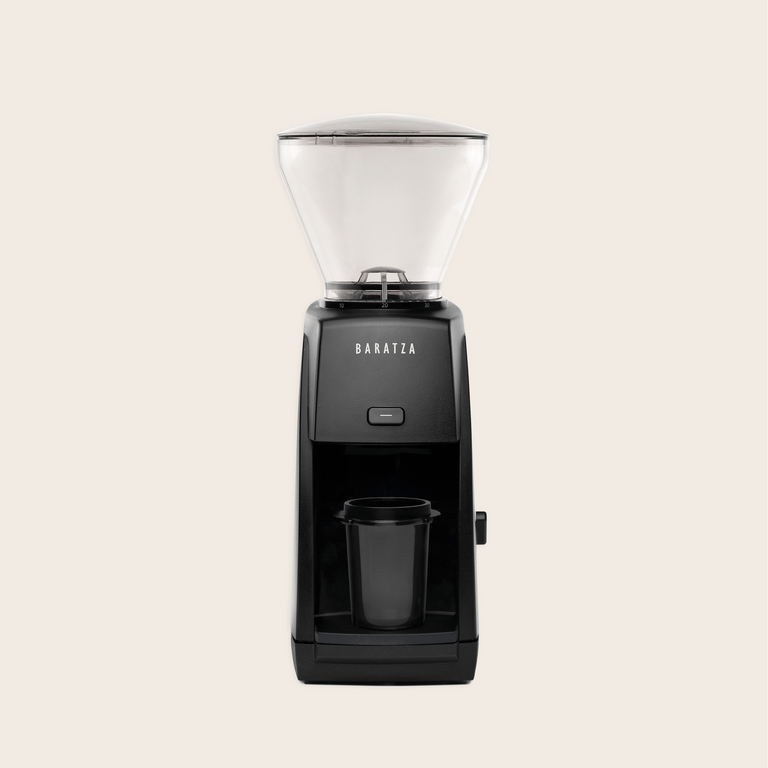August's Roaster's Choice Coffee Box subscribers will be enjoying Bumbogo, a coffee from Rwanda.
Bumbogo
The Bumbogo washing station, operated by the Neza trading company in partnership with Muraho Trading, is one of the stand out processing stations in the renowned Gakenke district of Rwanda. Muraho’s Director of Quality, Emmanual Rusatira, oversees production at the washing station where 200 raised drying beds allow for precise natural, washed and honey processed coffees.
Brothers Gaudam and Karthick Anbalagan are the founders of the Muraho Trading Company and, although raised to call Rwanda home, grew up in New Zealand after their families fled the Rwandan 1994 Genocide. Muraho Trading, and its network of affiliate producers, is the brothers’ way of giving back to their beloved home by helping local producers to attain high quality and innovative cup profiles than can then be promoted around the world.
The Bumbogo mill is the newest in their network of coffee washing stations but has quickly risen to fame. Located ideally for transport just 1hr from the region’s capital of Kigali and with prevalent dry winds making for ideal coffee drying the station has quickly risen in reputation and production has doubled since its inception in only 2018.

Coffee in Rwanda
For a country about half the size of Scotland and producing only around 1% of the world’s coffee Rwanda might seem like a small coffee nation but their reputation for quality is immense. The tiny nation, nestled in the centre of the African continent, is mountainous and fertile making it ideal for coffee growing. German colonists first introduced coffee plants in 1904 but it was under Belgian rule in the 1930’s when commercial production really kicked off.
Coffee production slowed to a halt in the 1990’s however when low international commodity prices forced many farmers to abandon their lands and large scale civil war tore apart the country.
In 1961 Rwanda had voted for independence from Belgium but struggles over power and opportunity caused civil unrest to rise between the majority Hulu and minority Tutsi tribes (also in Burundi and Uganda). By the early 90’s rebel Tutsi forces and the Hulu Rwandan government had agreed a very fragile cease fire agreement when the 1993 Tutsi Burundian army assassination of Hulu Burundian president, Melchior Ndadaye, caused civil war in Burundi and unprecedented tensions to spill over into Rwanda. On April 6 1994, a plane was shot down near Kigali that was carrying both the Rwandan and Hulu Burundian Presidents. Rwandan military groups responded by rounding up Rwandan Tutsis and murdering them en masse. In 100 days between 500,000 and 800,000 Tutsis lost their lives.
Today Rwanda is proving to be one of the most resilient and progressive countries in the region. With around 90% of the population working in agriculture and around 440,000 small holding farmers coffee is a pillar of its steadily growing economy. Along with tea and tourism coffee has helped the Rwandan economy grow by 7-8% per year with farmers more than doubling their incomes through specialty coffee in recent years.




















